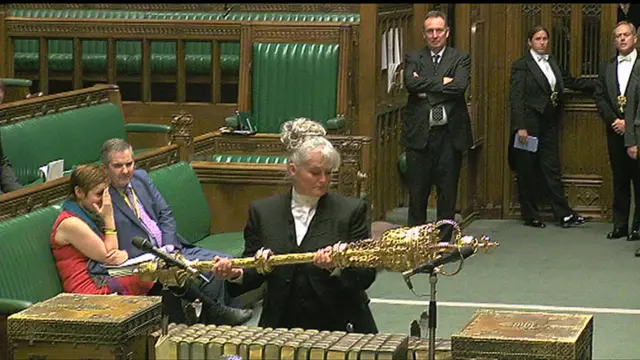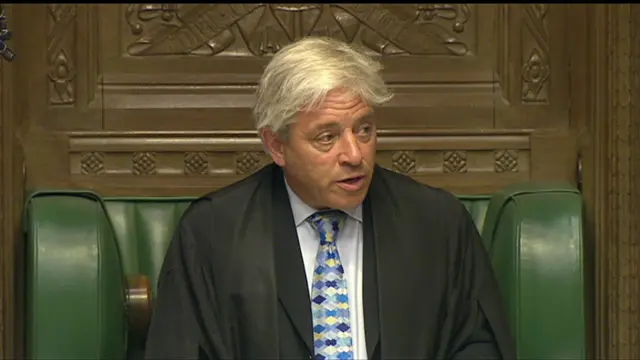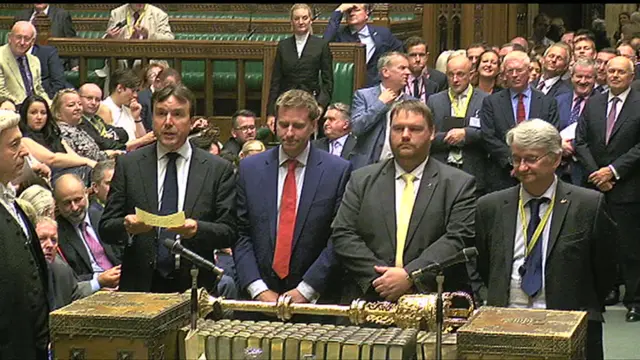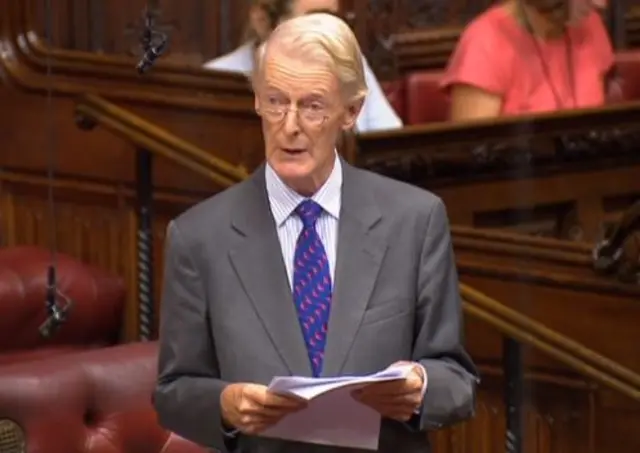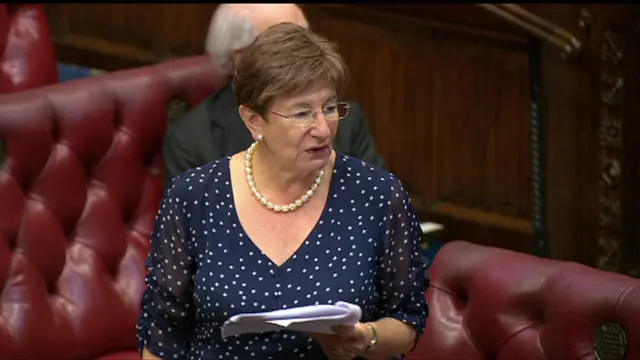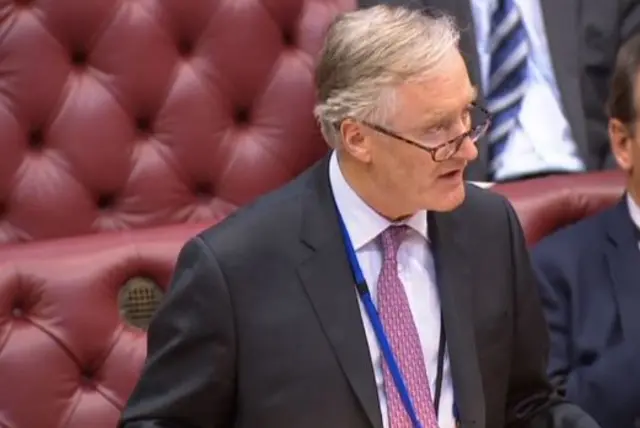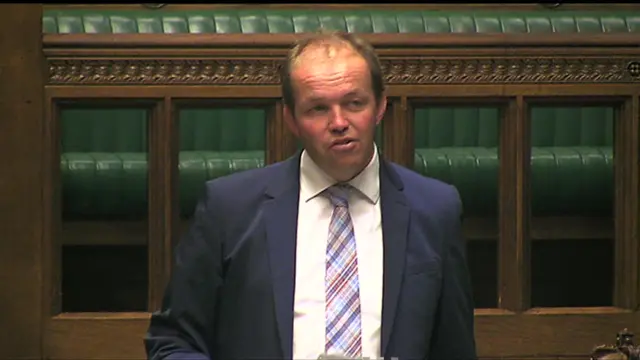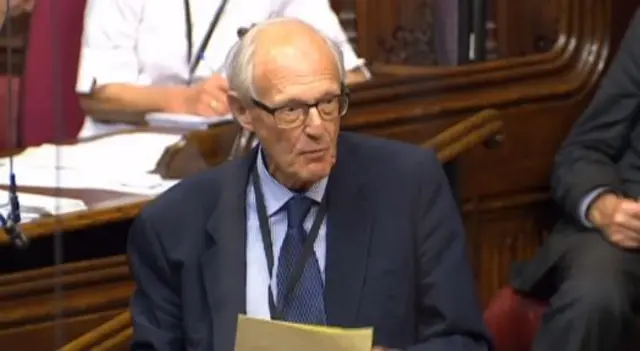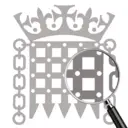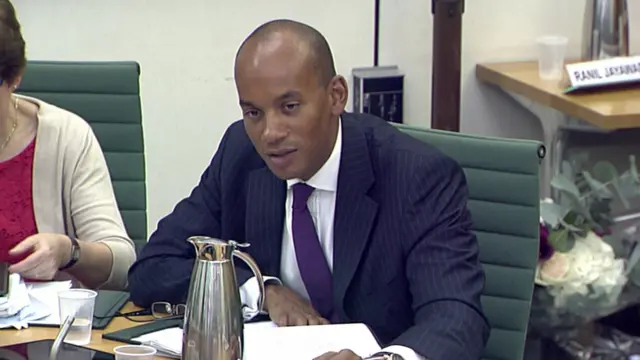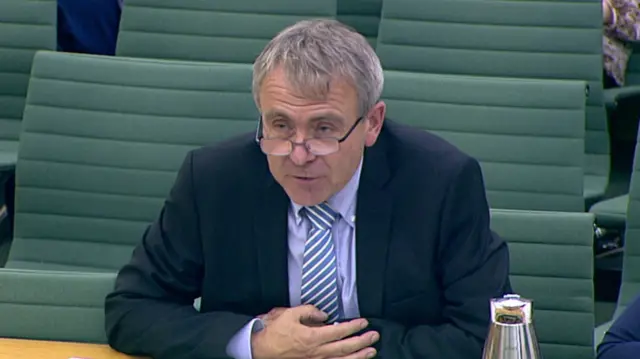Tuesday evening round-uppublished at 21:07 BST 6 September 2016
The main political story of the day has been Labour MP Keith Vaz's resignation as chairman of the Home Affairs Select Committee, following newspaper claims he paid for the services of two male sex workers.
Mr Vaz said it was in the "best interest" of the committee for him to step down - after nine years at the helm - so the committee could continue its work "without any distractions".
In other news:
- Labour MPs have backed a proposal to allow them to elect members of the party's shadow cabinet. The proposed rule change will now go to the party's executive for approval
- Plans to open new grammar schools in England appear to have been caught by a photographer
- The watchdog for university access has given the green light to universities to increase tuition fees in England to £9,250
- The government might be targeting "phantom students" in its efforts to control migration, a study suggests
- Scotland's first minister, Nicola Sturgeon, has unveiled a £500m fund to help Scottish businesses as she set out her government's plans for the next year, external
- British reggae band UB40 praised Jeremy Corbyn as an "incorruptible politician" who will put working people first, as they backed his campaign to remain as Labour leader
- A cross-party call for multinational companies to publish details of where they do their business and the tax they pay has been agreed by the government


